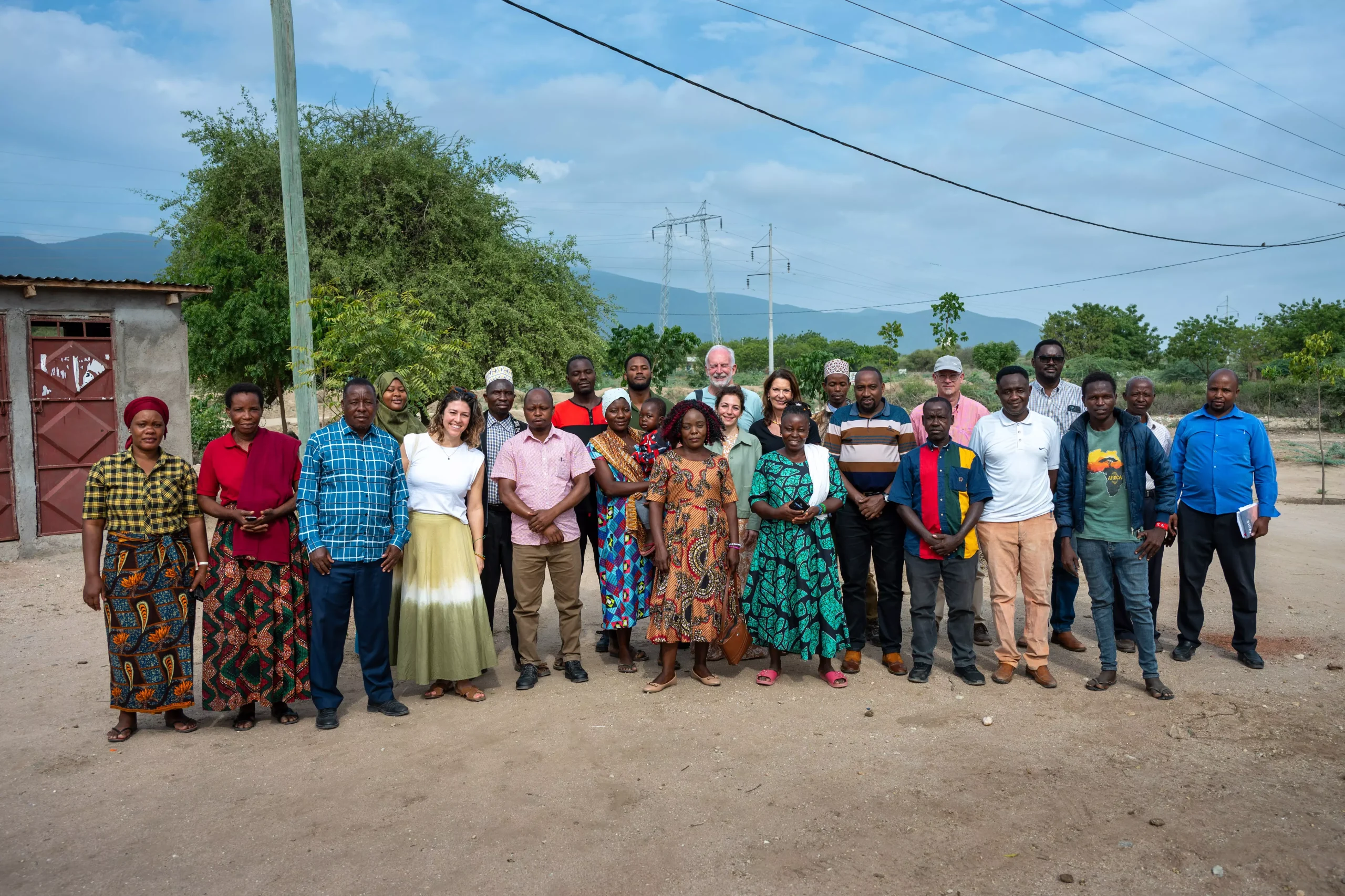

- About FTK
About FTK – Foundation for Community Transformation in Kilimanjaro
Our Story Begins with a Simple Meal
In 2006, Dutch NGO FEMI visited Mtakuja, a village in Lower Moshi, Tanzania. At a local school in Mkoisi, they discovered students were not eating during the day — most went without lunch, impacting their ability to learn. That visit sparked a transformation. What began as a school lunch initiative grew into something much bigger.
From Meals to Lasting Impact
Backed by TPC Ltd. and FEMI, the program expanded. After launching the lunch project, we quickly realized food alone wasn’t enough. Communities needed opportunities — education, income, healthcare, infrastructure. In 2009, the Foundation for Community Transformation in Kilimanjaro (FTK) was born.
Local Ownership, Local Leadership
FTK has always believed in empowering communities. From the beginning, villagers took part in planning and running projects. Today, all FTK programs are managed locally, with oversight by our Tanzanian Board of Directors. This ensures solutions are sustainable and relevant.
From Lunch to Livelihood: A Shift Toward Sustainable Solutions
FTK and FEMI recognized early on that providing school lunch alone wouldn’t create long-term change. A more sustainable approach was needed—one that empowered communities to support themselves beyond immediate aid. It was the classic shift from “giving a fish” to “teaching how to fish.”
A Public–Private Partnership Begins
This led to meaningful dialogue with TPC, the region’s largest employer and operator of the local sugarcane plantation. The discussions resulted in a Memorandum of Understanding (MoU), marking the beginning of a powerful collaboration to develop Mtakuja village. TPC honored its commitment wholeheartedly, laying the groundwork for what followed.
Community Consultations and Leadership
Village consultations followed, with key local leaders like Aiwinia Mlay taking charge. From the outset, FEMI emphasized that while it could guide the process, the community should own the problem and the solution. Repeating this message consistently helped strengthen the village’s sense of responsibility and ownership over time.
Building Local Ownership and Governance
By 2012, TPC recognized the impact of this model and officially joined the initiative, offering not only financial support but also a seat on the overseeing board. This marked a true shift from external aid to locally-driven development.
Implementation by FTK
Today, all projects under this initiative are implemented by FTK and overseen by its local board of directors. This model continues to ensure accountability, empowerment, and sustainability—driven by the people it’s designed to benefit.

